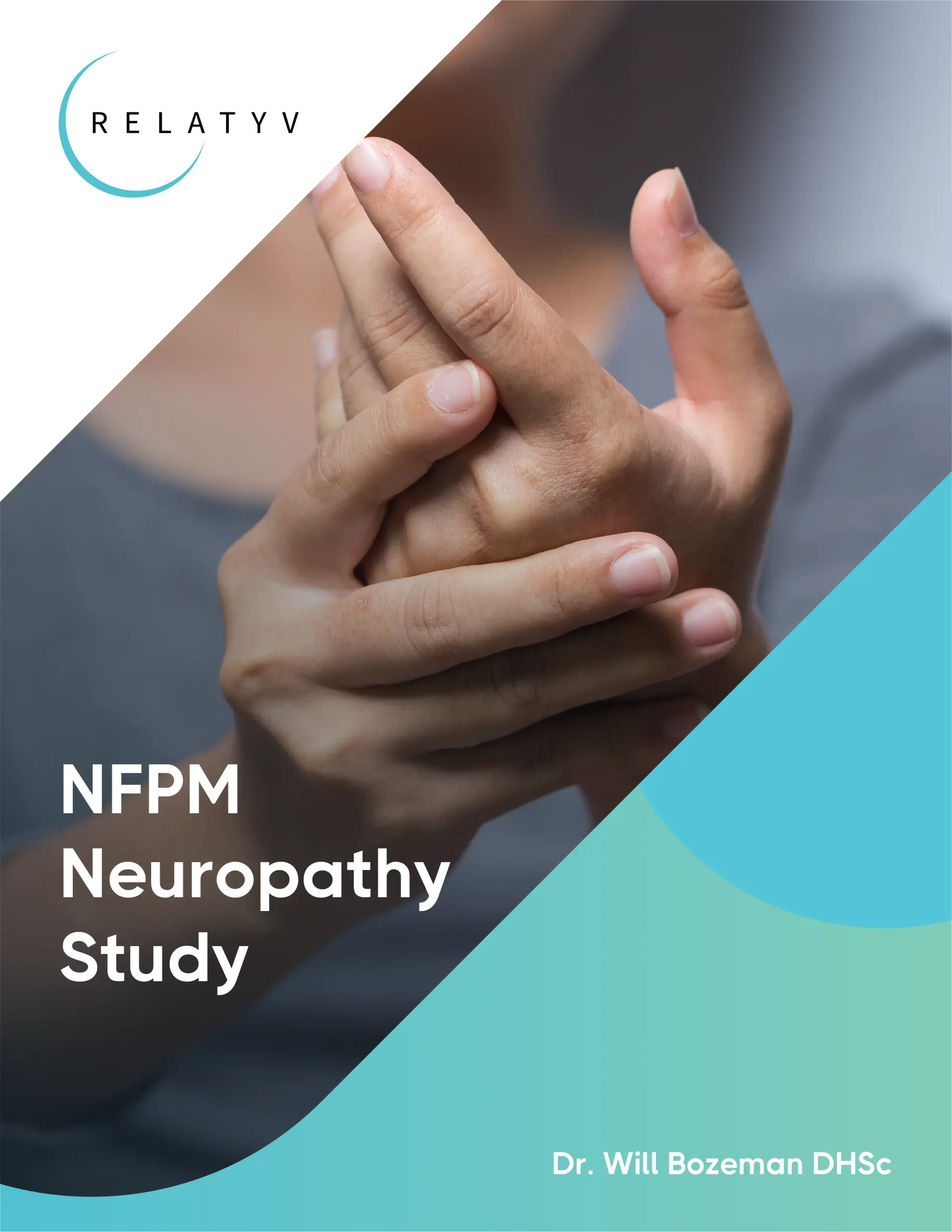We also treat many other types of pain. Pain associated with peripheral neuropathy, migraine and chronic headache pain, knee pain, and more. We are very proud of the success stories we are able to share with you. Don’t take our word for it; listen to the life-changing benefits patients are experiencing from our treatments!
You are not just imagining it: if you suffer from chronic pain conditions such as arthritis or neuropathy, the pain and discomfort feel more intense when you are experiencing seasonal allergies.
To understand the connection between pain and allergies, it is crucial to clarify what happens to the immune system when you are exposed to external substances.
The immune system is composed of several tissues, organs, and cells, which work together to protect the body against external harmful microorganisms like bacteria and viruses. Your body’s immune response ensures that antigens (foreign substances and toxins) are quickly identified, kept away from vital tissues, and, in the event of an invasion, are efficiently fought back.
A critical role in this process is played by antibodies such as Immunoglobulin E (IgE), which are proteins responsible for identifying harmful substances and triggering the immune response. However, sometimes, antibodies identify a substance as harmful even if it isn’t.
When this happens, each time you are exposed to this substance (known as an allergen), your antibodies will trigger the immune response. This causes the release of histamines, a compound responsible for increasing the levels of inflammation throughout the body in an attempt to fight the “invader”.
During an allergic reaction, the levels of inflammation rise rapidly and spread throughout the body, uncontrolled. This condition – known as allergy-induced systemic inflammation – causes a cascade of symptoms, including hives, rashes, and low blood pressure.
In severe cases, histamine-containing cells can lead to what’s known as anaphylaxis, a life-threatening medical event that requires emergency care.
If you are allergic to environmental elements such as pollen, the chances are that you have experienced allergic rhinitis or the inflammation of respiratory tissues.
This inflammatory condition affects 400 million people worldwide and causes well-known symptoms such as itchy eyes, a blocked nose, coughing, sneezing, and itching on the roof of your mouth. Sometimes, rhinitis can also progress into serious respiratory conditions, such as asthma attacks, breathing troubles, and blockages to the airways.
But what is not as well-known is the fact that allergic rhinitis – and the spike in inflammation levels triggered by an allergen – can exacerbate any other painful condition you may have.
For example, if you suffer from chronic disorders such as osteoarthritis, arthritis, fibromyalgia, and neuropathy, allergy-induced inflammation can worsen swelling, stiffness, redness, joint pain, and mobility, thus intensifying the pain you experience.
But you are not alone in your fight against chronic pain. Thanks to the whole-person treatment approach, you can address the underlying cause of your allergies and mitigate your immune response to substances like pollen.
When An Allergy Test Becomes Necessary
Undergoing an allergy test to determine what substances your immune system is sensitive to is the first step to avoiding allergic reactions and managing inflammation.
But allergy testing is also vital to determine how environmental factors, food allergies, and substances contained in medicines interact with your chronic pain condition.
If you are allergic to a certain ingredient, pollen, pet dander, or drug, you may inadvertently raise the levels of inflammation within your body, which increases the pain, swelling, and stiffness deriving from disorders like osteoarthritis, arthritis, and neuropathy.
At the same time, if an undiagnosed allergy is the culprit behind your chronic pain, simply treating your symptoms may not be effective in the long term. That is why, the first step to treating chronic pain is to exclude the possibility that allergies are responsible for your condition.
Through allergy testing, a specialist will determine what substances trigger a spike in systemic inflammation and pain, and help you ease your symptoms through allergen avoidance, immunotherapy, and pain management protocols.
Some of the tests allergists may use to detect allergies include:
- Skin testing: During this test (also known as a prick or scratch test), a small concentration of a certain allergen is delivered through the skin. The allergist will monitor your body’s reaction closely to determine what substances your immune system is sensitive to.
- Blood tests: Specific blood tests can be performed to detect allergies without involving exposure to allergens. This type of test is recommended for individuals who are likely to have a severe reaction if exposed to allergens or are taking medications that may influence the results of a skin test.
Other tests – such as provocation tests and food allergy tests – may also be performed by your healthcare provider.
Given that you could be allergic to virtually any substance and that each allergic reaction can be entirely unpredictable, allergy testing is essential to avoid medical emergencies and prevent severe complications.
Ultimately, when it comes down to treating chronic pain, identifying and addressing the underlying causes of your condition is essential.
That is why you should start by establishing the presence (or absence) of allergies that may be the root cause of your pain. Once you have determined what’s causing your pain condition, the whole-person, non-invasive, and non-pharmaceutical protocol can help you treat your condition efficiently.
The Neuragenex NFPM Protocol For Allergy-Induced Pain and Inflammation
So, testing for allergies is the first step to addressing your pain condition effectively. But once you and your healthcare provider have a clear picture of the causes, symptoms, and nature of your chronic pain, you should start looking for an efficient treatment plan that does not involve taking antihistamines or pain medications daily.
That’s where Neuragenex Neurofunctional Pain Management comes in.
Neuragenex Neurofunctional Pain Management is a non-invasive, non-pharmaceutical, and non-chiropractic approach that uses innovative treatments and regenerative medicine to treat the root causes of chronic pain without drugs or surgery.
But above all, Neuragenex Neurofunctional Pain Management is a whole-person approach that focuses on addressing all of those lifestyle, medical, and environmental factors that may be impacting your health.
Here’s what to expect when choosing Neuragenex Neurofunctional Pain Management as your first thought, first choice, and first step in the treatment of chronic pain.




















